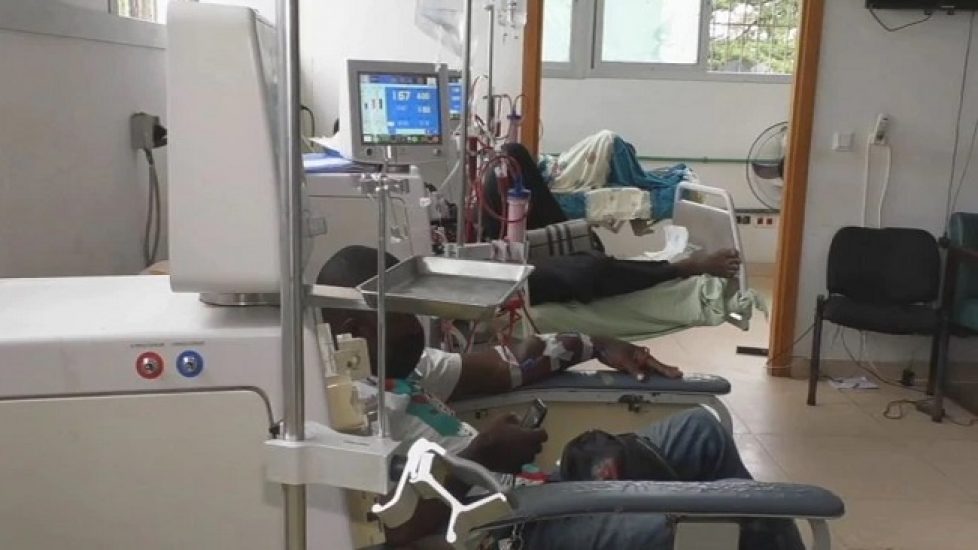
The state of health care in Cameroon is a source of growing concern, with thousands of doctors fleeing the central African country for lucrative jobs elsewhere, especially in Europe and North America, according to officials.
The number of people, including doctors, acquiring passports and applying for visas has increased by 70 percent, officials say. In addition, 75 percent of the 1,000 doctors that Cameroon’s government trains each year are leaving.
Cameroon’s Ministry of Public Health reports that several hundred doctors are enrolled in what members of the profession see as lucrative schemes to emigrate to Canada. Also, the number of health workers, including doctors, applying for the U.S. government’s Diversity Immigrant Visa Program, also known as the Green Card Lottery, is rising.
The Cameroon Medical Council, an association of doctors, says the doctor-patient ratio in Cameroon has sunk to one doctor per 50,000 people, instead of the World Health Organization’s recommended ratio of one doctor per 10,000 patients. The group reports that the doctors are fleeing to escape hardship, poor pay, difficult working conditions and unemployment.
Doctor Peter Louis Ndifor, the council’s vice president, said it is unfortunate that Cameroon trains but does not recruit thousands of its doctors. He spoke to VOA via telephone from Buea, an English-speaking town in southwestern Cameroon.
“The number of registered doctors on the roll[s] of the Cameroon Medical Council is about 13,000, but we have 5,000 to 6,000 doctors in Cameroon presently,” he said. “Doctors quitting Cameroon is an eloquent testimony that doctors are in discomfort, doctors are in distress.”
Cameroon says it currently needs at least 30,000 health workers, including doctors. The country is facing attacks from Boko Haram that have left more than 36,000 people dead, a separatist crisis that has killed more than 6,000 people and displaced about 750,000 others, and the spillover of sectarian violence from neighboring Central African Republic.
The Cameroon Medical Council says the central African country in 2013 launched a program to train about 1,000 doctors in order to improve the doctor-patient ratio, which was then one doctor per 17,000 patients.
However, the government recruits less than 100 doctors each year due to financial constraints, officials say. Cameroon’s Ministry of Public Health says it expected privately owned hospitals to recruit a majority of the doctors upon graduation from medical school, but hospitals owned by individuals, communities and churches also recruit less than 100 doctors each year.
Even when recruited, the doctors say they are paid about $100 per month in private hospitals and about $220 per month in government hospitals.
Jathor Godlove, 29, is an unemployed doctor. After seven years of study at the faculty of medicine of Cameroon’s University of Bamenda, he says hardship is forcing him to consider leaving the country.
“I find myself being very restrained and restricted in my capacity to help my family,” he said. “I even have some peers who venture out of medicine because they see that as a medic, when you get somewhere to offer your services, they will tell you they want to pay you 50,000 [Central African CFA] francs a month [around $80 U.S.], which is very funny. Some of them have families, when they find themselves in such situations, they see better opportunities abroad. I think you can’t blame them.”
He says poor working conditions — including the lack of hospital equipment and poor pay — are pushing nurses, midwives and laboratory technicians to join doctors in leaving Cameroon for Europe and North America.
However, some medical staff members who have not been able to travel out of Cameroon offer voluntary services in hospitals like in Bamenda, capital of Cameroon’s English-speaking Northwest Region.
Doctor Denis Nsame, director of the Regional Hospital in Bamenda, says unemployed health care workers outnumber health workers hired by the government.
“At the Regional Hospital in Bamenda, out of 600 staff, only 146 are state-employed staff, and we consult on average 45,000 patients per year, carry out about 1,900 surgeries per year, we have deliveries [of babies] close to 250 to 300 every month,” Nsame said.
The Cameroon Medical Council says that some health workers, including doctors, at times go several months without pay. Many of the health workers count on donations and consultation fees from well-wishers and patients to make a living.
In a message to Cameroonian youths last February 11, Cameroonian President Paul Biya said young people’s growing desire to emigrate is increasingly a cause for concern. He said Cameroonians should be patriotic and serve their homeland because the country is facing difficulties and leaving is not a solution.
Doctors and other health workers say the president, if he wants to curb emigration, should improve their living conditions and hospital equipment.
Source: VOA

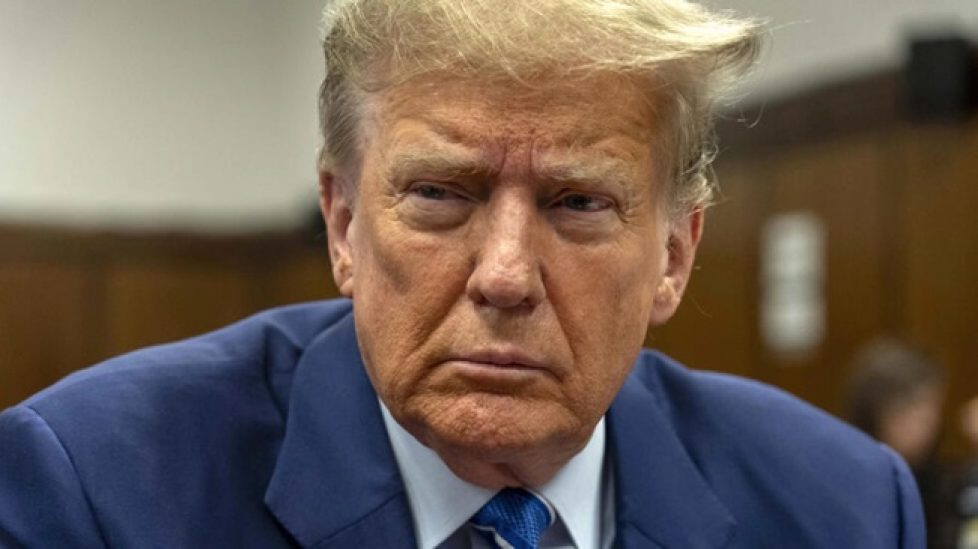
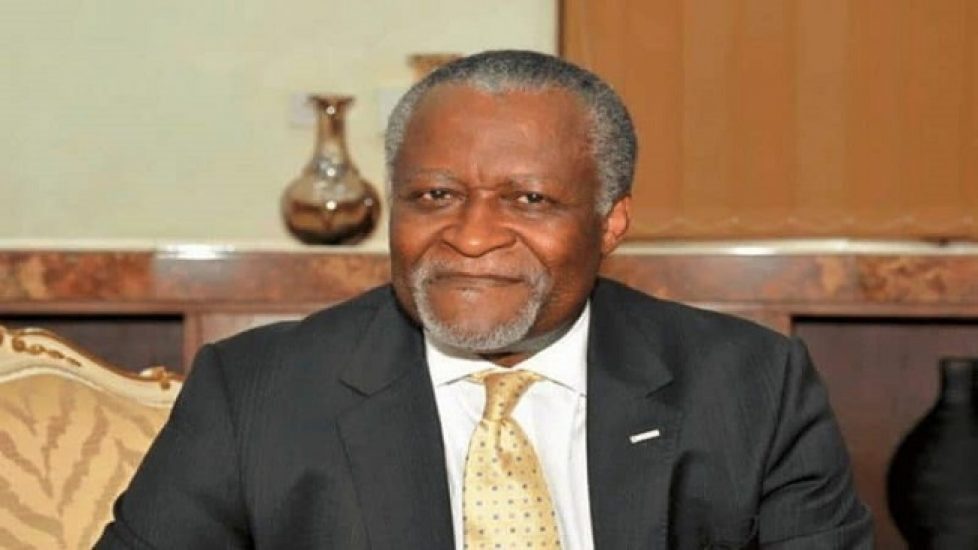
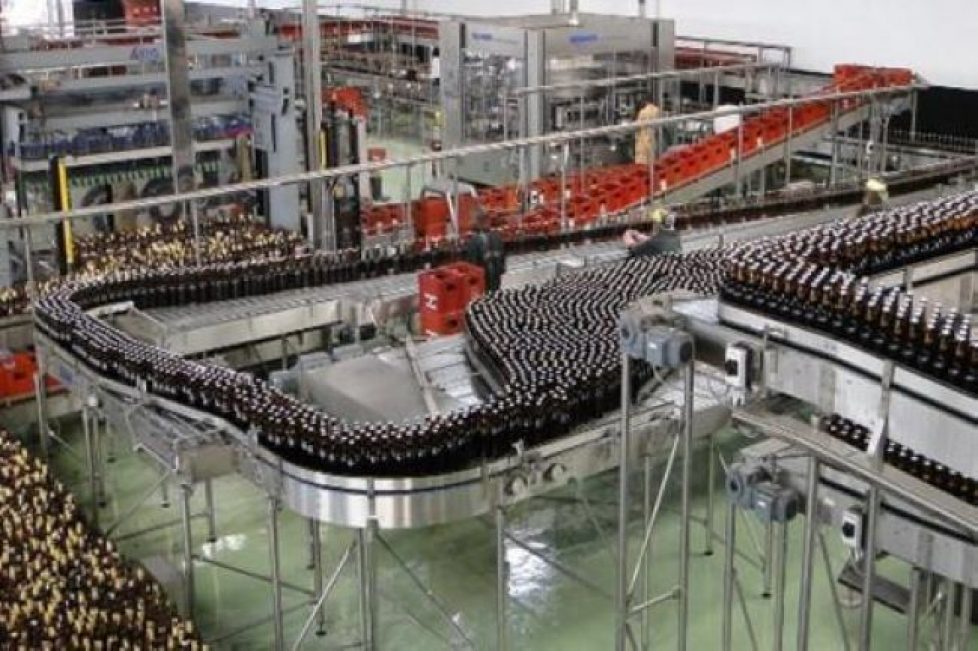

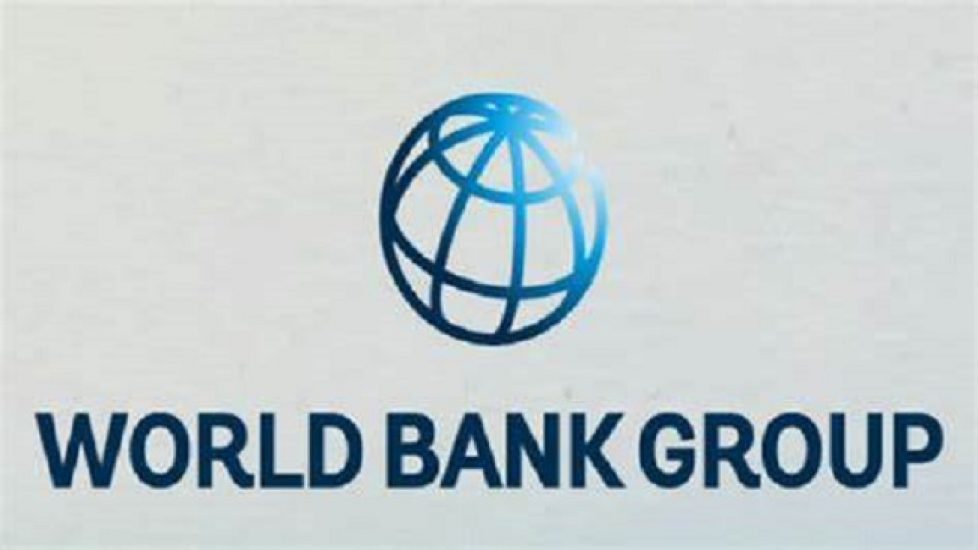
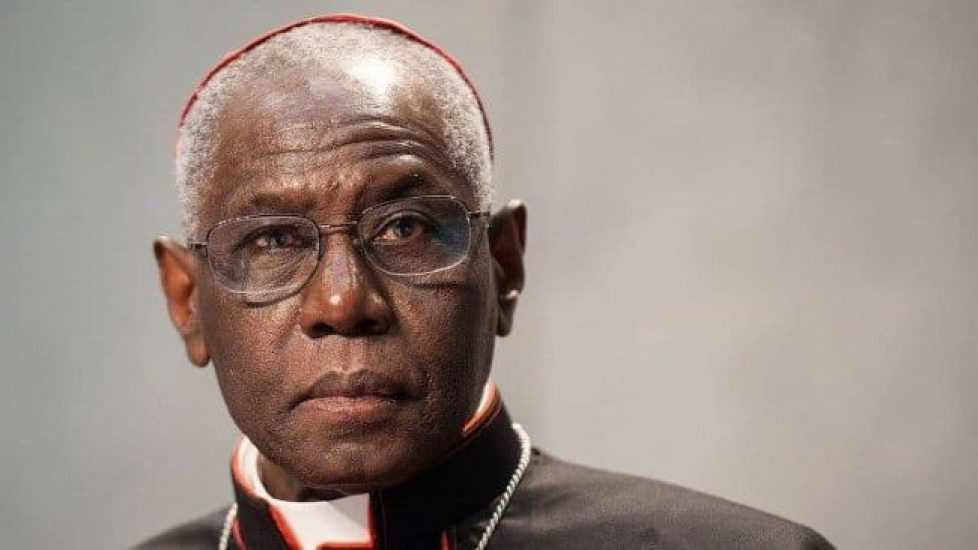
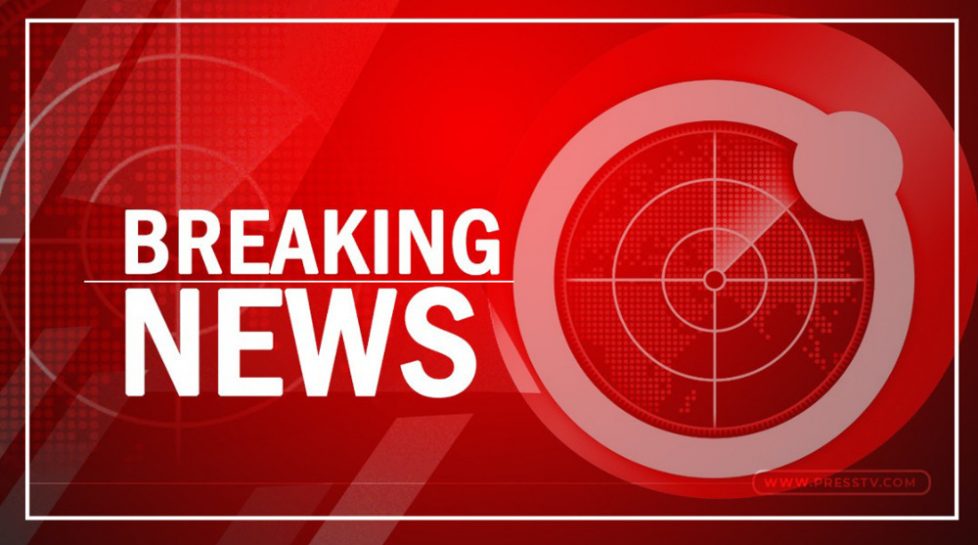
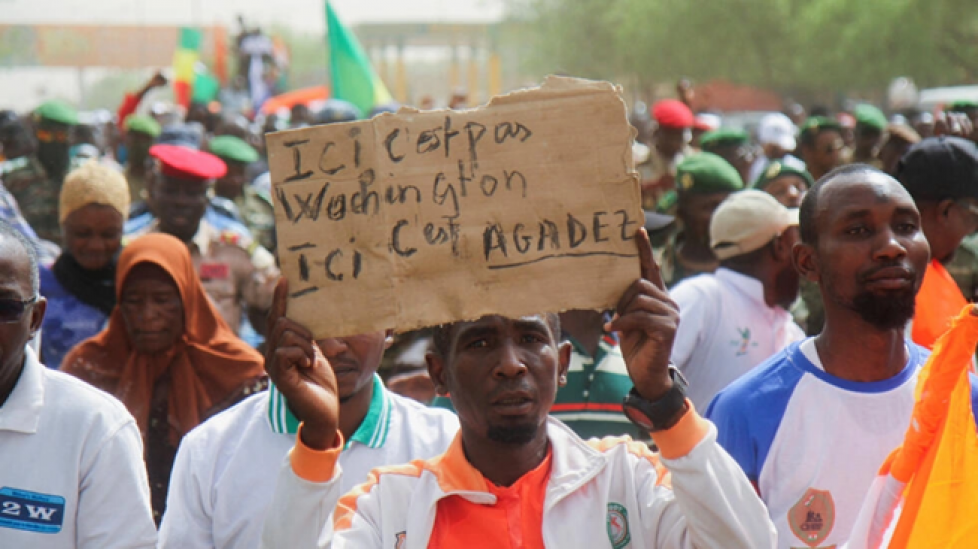









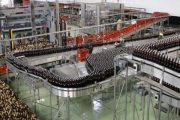


Most Commented Posts
19 comments
13 comments
12 comments
12 comments
10 comments